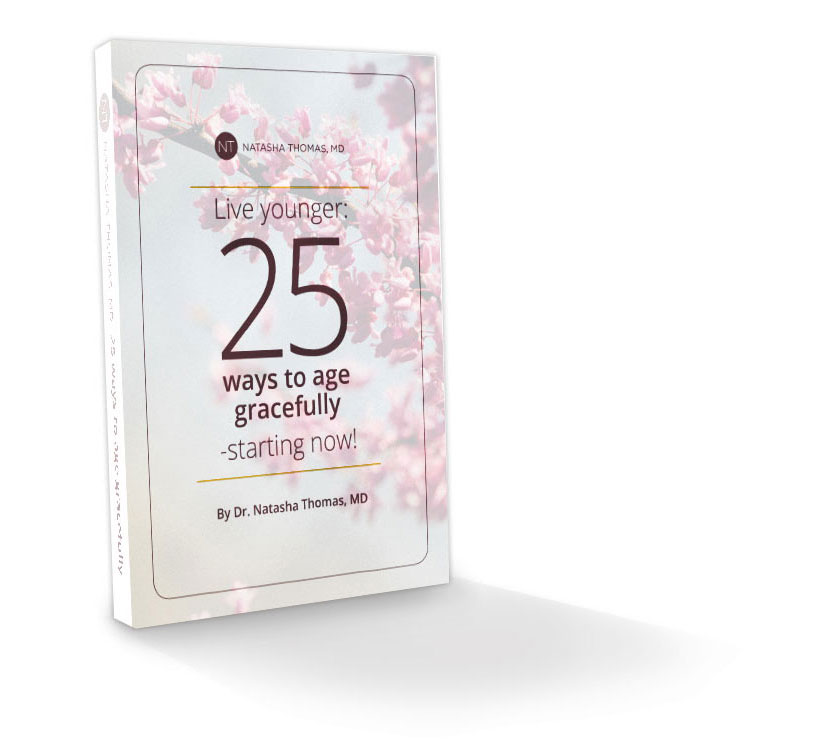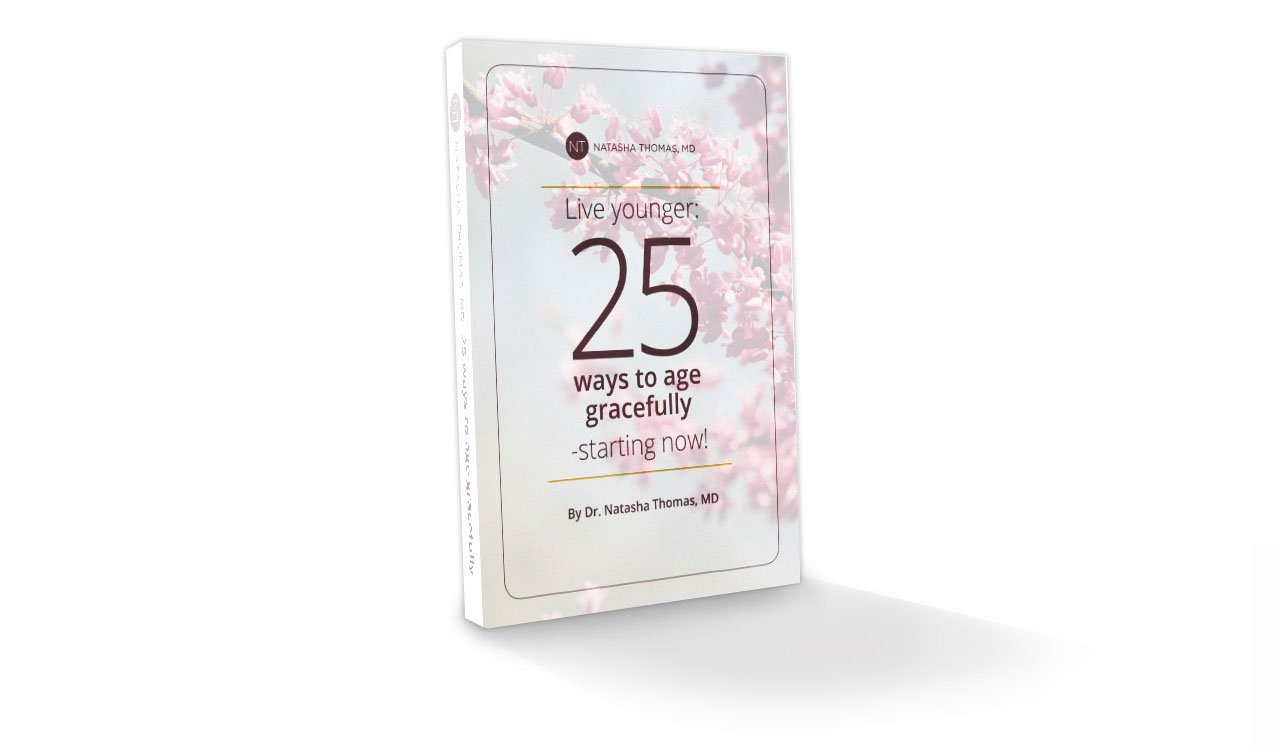Posted on: February 11, 2019
Is stress squashing your love life?
People say “love makes the world go ’round.” Love makes us feel alive, young, confident, and strong. In fact, scientific studies reveal that lovemaking itself results in many positive health benefits. (Finally, something that is pleasurable is also healthy!)
Today, however, many people are just too exhausted and stressed to think about making love. The modern world respects being “crazy-busy” as some sort of badge of importance or status.
This skewed sense of priorities in life negatively impacts our health, especially our sex hormones. You’ll see why reestablishing hormonal balance, specifically of the sex hormones, for both women and men, should be a top health priority.
If love makes the world go ’round, optimal hormone levels make love go ’round.
The Hormonal Symphony
Hormones all over the body work in concert with one another, and we can even think of the orchestra as an analogy.
 Orchestral instruments play softly during some parts of a musical composition and loudly at other parts. Some instruments take turns playing “out front,” but others play harmonically all around them to create the whole musical piece.
Orchestral instruments play softly during some parts of a musical composition and loudly at other parts. Some instruments take turns playing “out front,” but others play harmonically all around them to create the whole musical piece.
If, instead of following the symphony’s score in unison, all on the same page, the musicians randomly play from different pages, the symphony may sound more like noise than harmonious. Just so, our hormones can be “all over the place,” making our bodies run haywire instead of smoothly and harmoniously.
Take the Hormone Quiz
The Five-Piece Ensemble
Continuing the musical analogy, let’s just look at a few instruments (hormones) playing in a small ensemble. These are the primary male and female sex hormones.
Male sex hormones:
- Testosterone – lifts energy, mood, libido and sexual function, building muscles and burning fat. It also supports bone density, immune function, and skin tone.
- DHEA (dehydroepiandrosterone) – abundant in youth, declines with age. Its actions include anti-inflammatory, anti-cancer, anti-obesity, anti-diabetogenic, and anti-aging effects. It is decreased by stress.
Female sex hormones:
- Estrogens – three major female sex hormones: estradiol, estriol, and estrone. Estradiol is the most active; estriol (while weaker) has anti-cancer activity. Estrogen is a total body hormone, not just a sex hormone. It supports the brain, arteries, heart, liver, bones, vagina, and bladder.
- Progesterone – vital for bone health, natural diuretic, protects against breast cancer, balances blood sugar and blood pressure, calms the nervous system, stabilizes the mood, increases feelings of well-being, protects the brain, and improves libido. Progesterone levels fall drastically after menopause.
- DHEA – see actions above.
This is a simplified overview. Women also produce testosterone and men also produce estrogen. The balanced overall hormonal interaction of everything in concert is what makes life’s “music” beautiful.
As we age, however, most hormones go down. The two exceptions are cortisol (your stress hormone) and insulin, which go up. Unfortunately, these also age us much faster.
How stress affects the sex hormones
Some stress is good; for example, the thrill of going somewhere new on vacation, or of learning a new, challenging game. But continuous stress harms our health more than we realize.
For starters, too much stress decreases DHEA. Stress also raises cortisol (which raises insulin levels), so you gain weight, especially around your middle, and your sleep is impaired, which causes even more stress.

This can lead to tension headaches, PMS, indigestion, constipation or diarrhea, fatigue, decreased brain capacity, thinning bones, depression, poor decision making (e.g., eating that junk food when you’re tired instead of choosing a healthy meal), which causes more weight gain, lowered energy and self-esteem, and on and on.
It’s a vicious cycle. Your hormonal music (and emotions) become jangled and jagged. This discord affects all areas of your body (and life!).
I’ll share some case studies, with a few caveats. Hormone levels are NOT something to try to self-diagnose and medicate. Please do not read these cases and say, “Oh, hey, that’s me – I’ll just go online and find some hormones to balance myself out.”
A trained functional medicine doctor may be able to help you, but trying to balance your hormones on your own (especially by buying online drugs) can be dangerous, even life-threatening.

Enjoying this article?
Subscribe + don’t miss the next one!
We’ll also send you our e-book: Live Younger 25 Ways to Age Gracefully—Starting Now.
First, I measure your specific hormone levels with comprehensive tests. We then know exactly which musicians (hormones) are playing correctly in your body and which are not. Then I use a specific, safe, proven, three-step method to balance them:
- Reduce inflammation – we need to quiet the musicians playing too loud or out of tune!
- Lifestyle modification – to optimize your own hormone production. This gets all your musicians playing the same music on the same page to their best ability.
- BHRT – bioidentical hormone replacement therapy – tailored safely and specifically for you. (When musicians just can’t keep up anymore, we bring in substitutes to carry their parts.)
The benefits of balanced hormone levels can be life-changing, as you’ll see from these case studies.
Surfer Sam
Sam*, a former champion surfer, once could ride the big waves all day. To look at him, he was a trim, tanned, 55-year-old man in fairly good shape. As he got older he noticed his stamina had declined – he couldn’t surf as long. He had also gained weight around his middle, lost muscle mass, and he’d gradually lost interest in sex. He’d even found himself crying at sad movies, something he never did in the past.
These were all signals that his estrogen was becoming dominant over his testosterone levels. Too much estrogen in men can cause prostate problems and an increased risk of heart disease. In Sam’s case, certain types of exercise, certain supplements to maximize his metabolism of testosterone, and BHRT turned all of his symptoms around. He regained his zest for life that he’d been missing for many years.
Menopausal Mary
Mary* breezed through perimenopause and into menopause without hot flashes. But at 51, she thought she was too young to be having vaginal dryness and difficulty concentrating. “I feel like I don’t look old yet, but I feel like I’m really going downhill fast,” she said. She admitted to feeling anxious, and having insomnia and urinary incontinence. Her lack of interest in her husband’s advances, understandably, also concerned them both. They wondered if she might be depressed. “What happened to the me I used to be?” she asked sadly.
Mary’s tests revealed very high cortisol levels. Her body’s internal music was playing loud and frenetically, with no harmony or relaxing interludes. This is the constant stress that accelerates aging. It can also lead to decreased immune function, psychosis, and an early death.
Fortunately, Mary’s situation was remedied with my three-step method, and she and her husband regained the love they’d both been missing. Because Mary now felt, looked, and acted younger, her husband was inspired to get his own hormone levels tested and balanced.
The right balance of hormones slows aging – the wrong balance speeds it.
Enjoying this article? Subscribe + don’t miss the next one!
We’ll also send you our e-book: Live Younger 25 Ways to Age Gracefully—Starting Now.
Your story’s happy ending
If your body’s music seems out of tune, if you seem to be aging too fast, or if your sex life has lost its vitality, there is hope.
No matter how old you are, you can have a more fulfilling, energized, healthier, and happier life, including your lovemaking. It’s part of the grand symphony of life, and you deserve it.
Schedule your appointment with me here.
*Fictional name.

